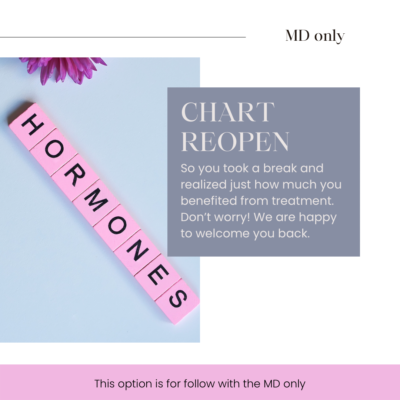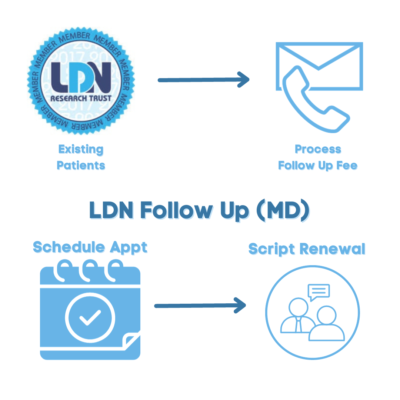I’ve talked about why stomach acid is so important, for example we need it to utilize nutrients like magnesium (a deficiency epidemic right now) and B12 (coincidentally another booming deficiency) and of course to kill bacteria (the ones we don’t need) and denature proteins so that they can be broken down by the digestive enzyme pepsin (this is why betaine + pepsin go together). I’ve also gone into the fact that stress is one of the most common factors as to how we end up with low stomach acid. Heck I’ve even given out my handy (free) HCL protocol to not only test your HCL but also help bring it back up naturally.
But once you have it up how do you keep it up? Rock salt!
First off lets talk about iodine, consuming standard table salt with iodine is not ideal, yes we need it for our thyroid (unless you are suffering with thyroid issues that require you to not be consuming iodine) but the crap on the shelves at the grocery store is not the type of iodine that will help (but that is a whole other post).
Iodine insufficiency can trigger low stomach acid (HCL), the iodine enables chloride to enter the stomach cells, which is important since the chloride ion in salt is an element in HCL (hydrochloric acid).
Solution to the salt fix?
Consume sea vegetables or use dulce as salt, use high quality mineral rich salts.
Salt also feeds your adrenals which helps you to manage stress and stress hormones such as cortisol which is another reason to consume salt. Personally I like Himalayan pink salt and also shake it up with some grey celtic salt (must be grey for quality control). I have an awesome recipe for a salt brine or a sole as they are also called, that can easily be incorporated into your morning regime.
But what about your blood pressure? This is one of those unfounded myths much like “fat will make you fat and you will die” lol. There is actually very little research to connect salt to high blood pressure.
Something else to add in is biters, be it bitter foods such as arugula or lemon or doing like they do in Europe and consuming true bitters prior to a meal. Don’t confuse swedish bitters for true digestive bitters, they are NOT the same thing. You can also make you own digestive pastilles as they are called, pinterest has some cool recipes for those or you can find some here.
Add a little fermentation to the process. If you are certain you do not suffer from SIBO then adding in some fermented foods will help with digestion as well. Unpasteurised sauerkraut is fantastic.
You can also look into doing a simple zinc test, low zinc is not ideal for the production of HCL. Personally I throw pumpkin seeds on my salad (loaded with zinc) they are the most power packed other than meat.
Food combining can also help, for example getting fat when you consume fat soluble vitamins is important. Having foods rich in vitamin C, E, B6, and magnesium will all help increase zinc absorption in the body.
Some things to be aware of with regards to your own lifestyle and HCL production, what can help and what could harm.
- reduce and learn to manage stress
- chew your food thoroughly
- deep breathes prior to your first bite
- don’t eat heavy food if you are super stressed or upset (choose broth instead)
- poor quality processed foods
- excessive carbohydrates
- zinc deficiency
- B vitamin deficiency (especially thiamine)
- refined sugars, they deplete many of the essential minerals we need
- drinking with meals, ice water is the worst (it kills our digestive fire) but anything liquid washes away those much needed enzymes
- antacids
- we lose stomach asic as we age, same with enzymes.
- candida…
Side note: when looking at adding in B vitamins you may want to ensure you do not have MTHFR gene mutation as you will need to swap out the type of folate you are taking. Niacin, thiamine, and pyridoxal-5-phosphate (the active form of B6) are all important. Especially for those suffering hashimoto’s thyroiditis seing as low HCL and deficiencies are common with this autoimmune condition.
OK let’s look at the salt again. Iodized salt is void of nutrients so it’s crap. Celtic sea salt needs to be grey otherwise it is almost the same deal, void of minerals. You want it to be grey and also a little moist, yup I said moist (or soggy). This is from the naturally occurring magnesium. With regards to Himalayan salt it should be pink, the pinker the better the quality.
More tips and tricks? Sure why not:
- Stop taking NSAIDS (non steroidal anti inflammatory drugs) such as advil or motrin. These hurt the stomach linings ability to heal.
- Heal your digestive tract and lining. Try adding in some DGL capsules to help heal an inflamed stomach or upper digestive tract. It is a type of licorice root so if you do not tolerate licorice then skip this step. Not only does it help to heal the digestive tract it also helps to fight pathogens such as H.Pylori.
- See a practitioner who is trained (like myself) in the digestive system, herbology and of course hormones seeing as all our systems are connected and they need to support each other.
- Balance your hormones.
- Watch those carbs! Carbs reduce production of HCL as I mentioned before, protein needs HCL the most… sometimes when we food combine eating the two separate can be a good idea, shocker you do not need to consume protein at every meal.
- You eat meat? Try marinating it first. This actually helps with predigestion. It’s as easy as adding a little ACV (apple cider vinegar), lemon, and or lime and off you go!
- Choose beverages that help with digestion if you want a post meal drink and make them warm. Ginger, dandelion root, lemon, and hibiscus are all great for digestion.
- Watch those food sensitivities folks






Hello!
I wonder if you can help!?! I have developed a strange condition. I smell of poop and I think it is from gas or not eliminating completely.
I read the symptoms of low stomach acid and think this could be the problem. I used to take a lot of tums for heart burns.
Can you offer any advice?
I’d love to help! tip #1 -shower. tip #2 – don’t roll in poop. You’re welcome 🙂
Thanks for the great article Holly.
I lost my insurance with this pandamic, is there ia way of testing for the gene mutation without seeing a doctor? A testing kit to buy?
thanks again for writing about such an important subject
The kit would still need to be followed up on as in diagnostic review, the kits come through me and then session is booked for me to review the results with you. You do not need your doctor, most wouldn’t know how to translate the results as it is additional training. The Ultimate DNA Panel – DNA Genomics
Thank you for this really informative article, Holly. Iodine has to be one of the most important nutrients for our time. Even the CDC and WHO attest for the global deficiency worldwide, including in developed countries.
You discuss a crucial point, elusive to many physicians – which is the extrathyroidal role of iodine (outside of its importance to producing thyroid hormones). This includes Iodine’s role in modifying gene expression, immune function, mitochondrial, fertility and hormones.
https://pubmed.ncbi.nlm.nih.gov/32353856/
Kind Regards,
MB
Thank you for this comment, great link share as well